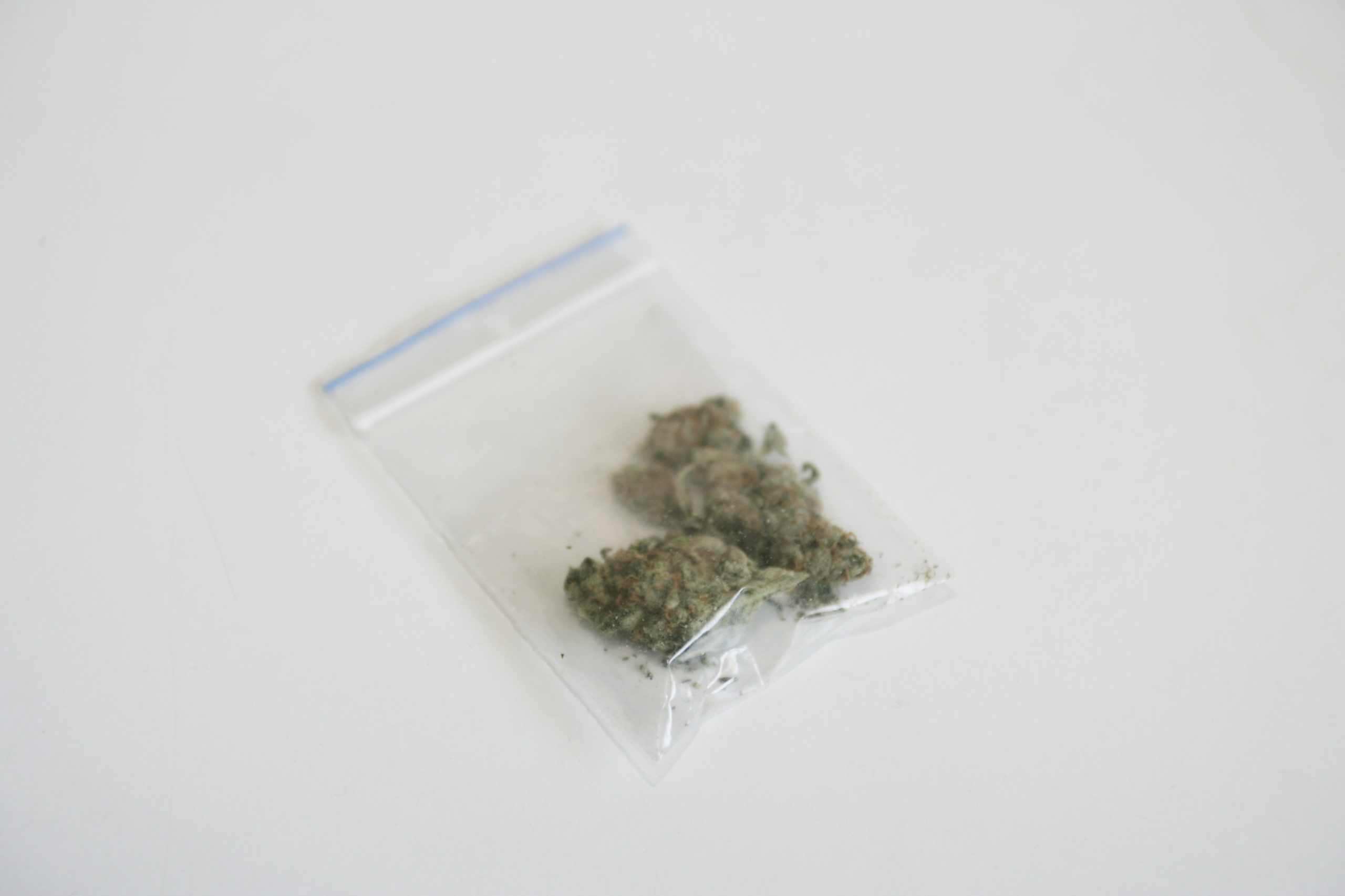A City Council Resolution Could End Marijuana Arrests and Fines in Austin, Texas
The move is made possible by a Texas law that legalized the production of hemp last year.

On Friday, Austin City Council Member Gregorio Casar introduced a resolution that would effectively put an end to arrests and fines for marijuana possession in the city. The council will consider the legislation, which is co-sponsored by Councilmembers Natasha Harper-Madison and Jimmy Flannigan and Mayor Pro Tem Delia Garza, on January 23.
“Arrests and fines for low-level marijuana charges don’t make sense for public safety. They don’t make sense for civil rights. They don’t make much sense at all,” Casar told The Appeal.
The resolution is a response to a quirk of Texas law that has effectively decriminalized marijuana without actually decriminalizing marijuana: Last year, Governor Greg Abbott signed House Bill 1325, which legalized the production of hemp in the state. Legislators specifically noted in the statute that they did not intend to affect the law’s treatment of marijuana, which remains illegal in Texas.
The statutory language distinguishes between hemp and marijuana based on the precise concentration of the psychoactive compound tetrahydrocannabinol, or THC, in a given substance. This means expensive lab analysis suddenly became necessary to determine what a substance is—and, thus, whether prosecutors could press charges for alleged possession of marijuana.
Friday’s resolution would work by prohibiting the use of City of Austin funds to develop testing procedures for THC. It would also bar the city from paying for lab tests in minor possession cases, and direct police not to take any enforcement actions against people suspected of marijuana possession, as long as there is no immediate threat to anyone’s safety.
The drafting of HB 1325 effectively imposed an unfunded testing mandate on prosecutors’ offices across the state, and prompted the dismissal of hundreds of possession cases in the months after the law took effect, according to the Texas Tribune. In July, Travis County District Attorney Margaret Moore said that her office, too, would drop dozens of pending felony marijuana cases, citing the inability of state labs to test for THC with the necessary degree of precision. Travis County Attorney David Escamilla, whose office is responsible for prosecuting most misdemeanors, did the same.
The testing controversy, however, has not stopped police in Austin from making arrests and issuing citations for suspected marijuana possession. In September, the Austin Chronicle reported that law enforcement had made 86 possession-related arrests since prosecutors announced that they would not pursue such cases. Of the 86 people arrested, 72 were nonwhite.
As local organizer Chris Harris told The Appeal, this practice subjects people to the traumas of detention in the name of laws that are not being prosecuted. “You have to go through the horrors of an arrest—jail booking, mugshot, all that—only to be told that you’re not necessarily going to face consequences,” he said.
And although prosecutors aren’t pressing charges right now, the cases remain stuck in a sort of legal limbo: Texas has a two-year statute of limitations for possession of small amounts of marijuana. State labs are developing new, more precise THC testing protocols, Harris said, and some private labs can run these tests already. If the county were to pay these vendors, or if the city’s in-house labs were to develop the necessary testing capacity, prosecutors could submit any suspected marijuana samples that are less than two years old for testing.
The resolution unveiled Friday aims to clear up this lingering uncertainty and put an end to unnecessary enforcement actions: Without money, there can be no tests; without tests, there can be no prosecutions; and if these cases can’t be prosecuted, there is no point in making further arrests.
“We’re using our authority over the budget to say that we’re not going to fund expensive testing in marijuana cases,” Casar said. “Prosecuting these minor marijuana offenses does more harm than good.”
“My hope is that [passing it] will make sure we use our limited budget dollars for things that are important and serious.”
